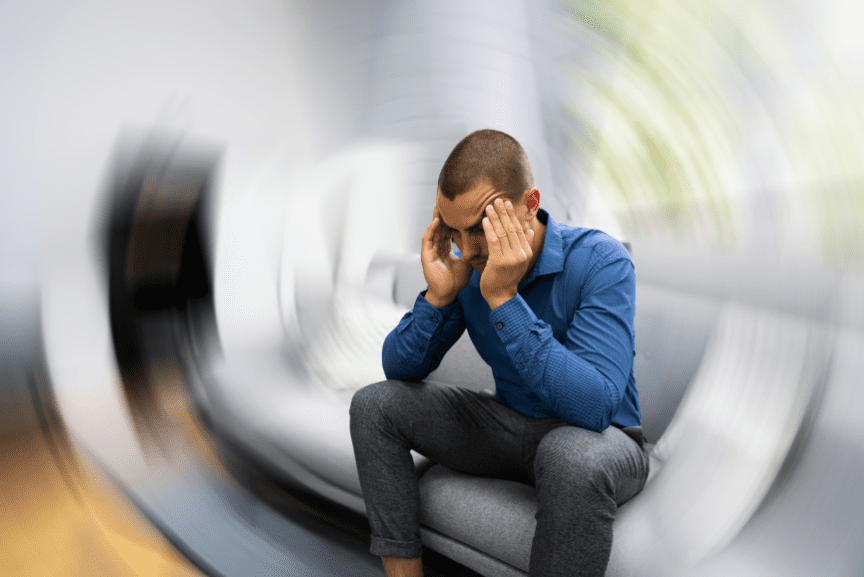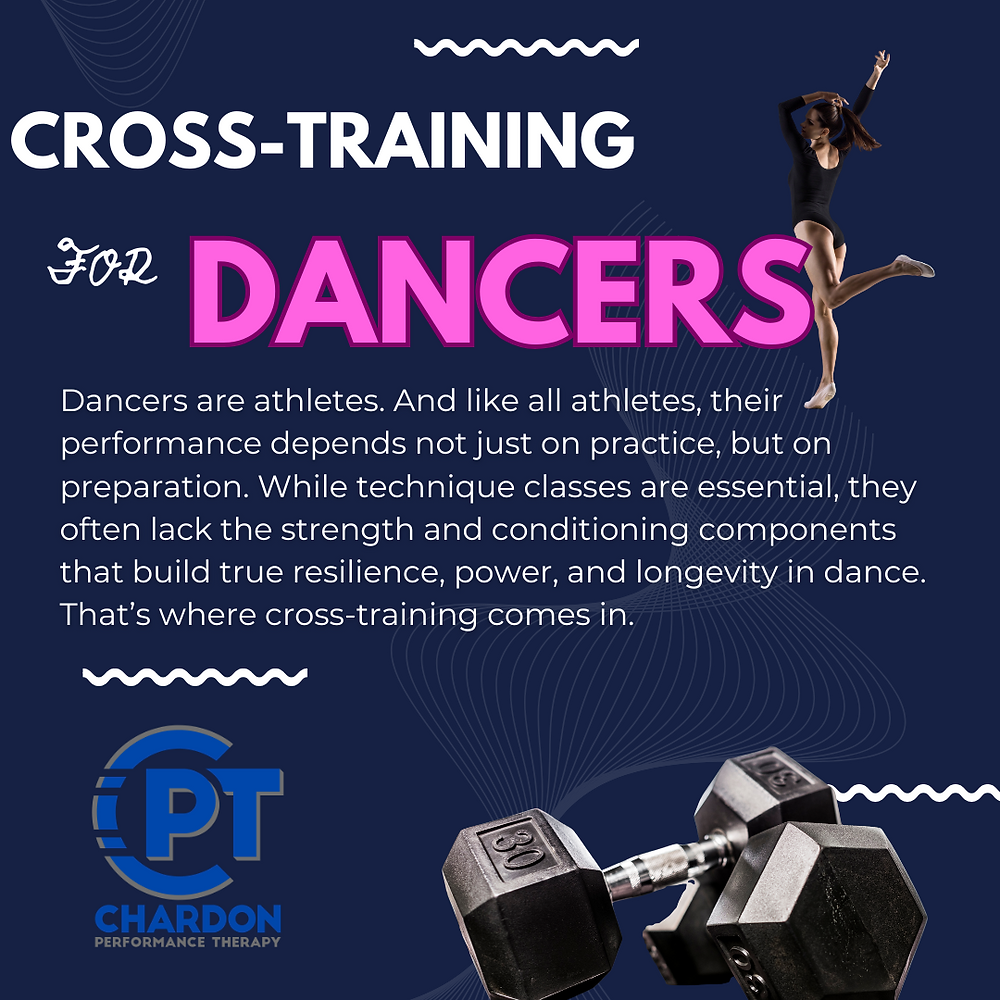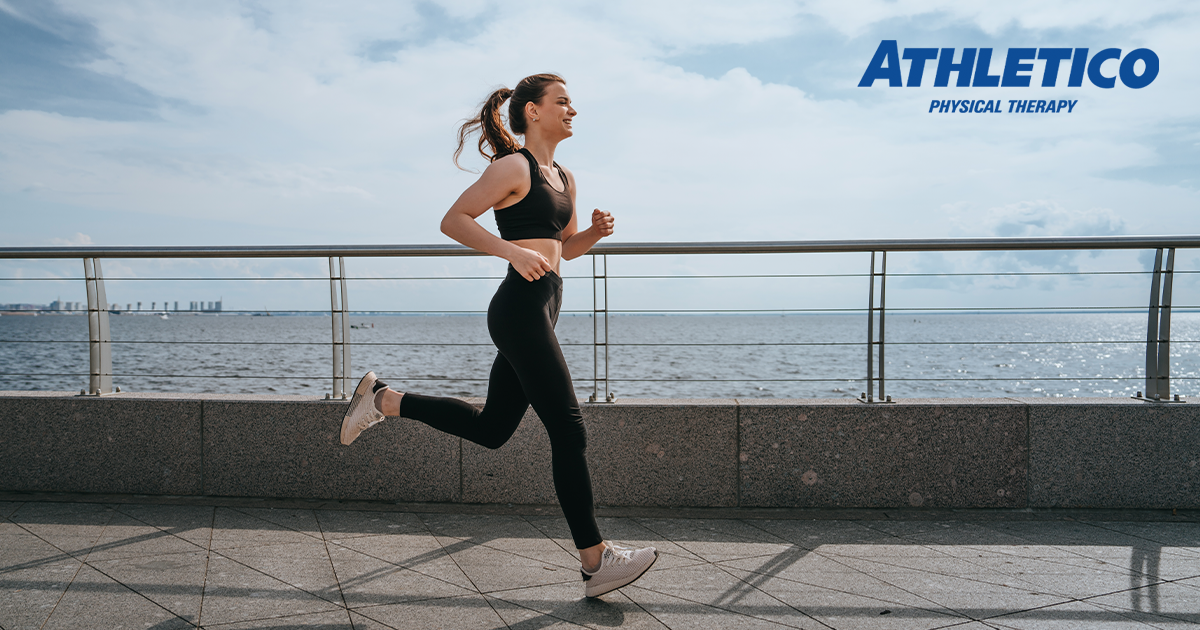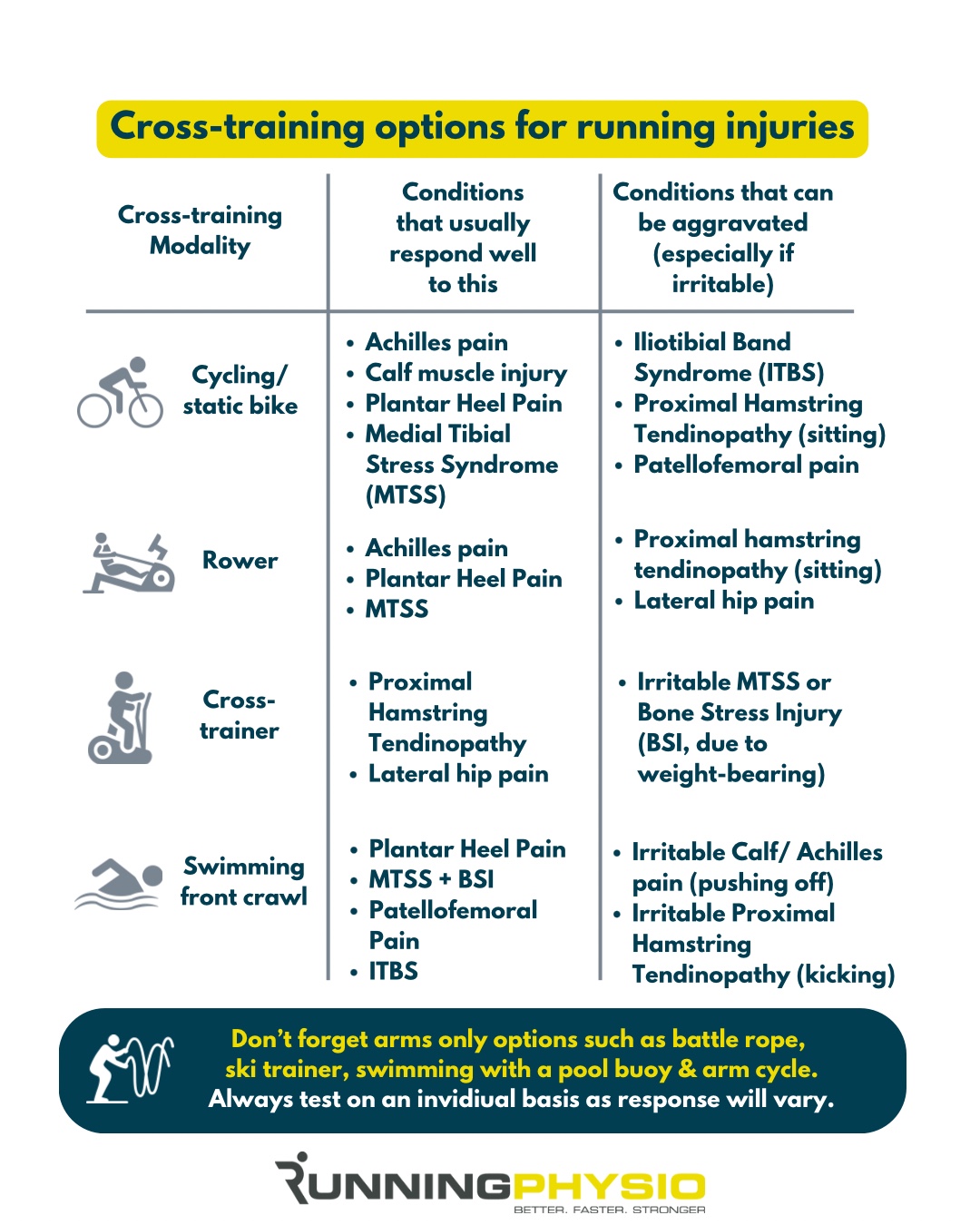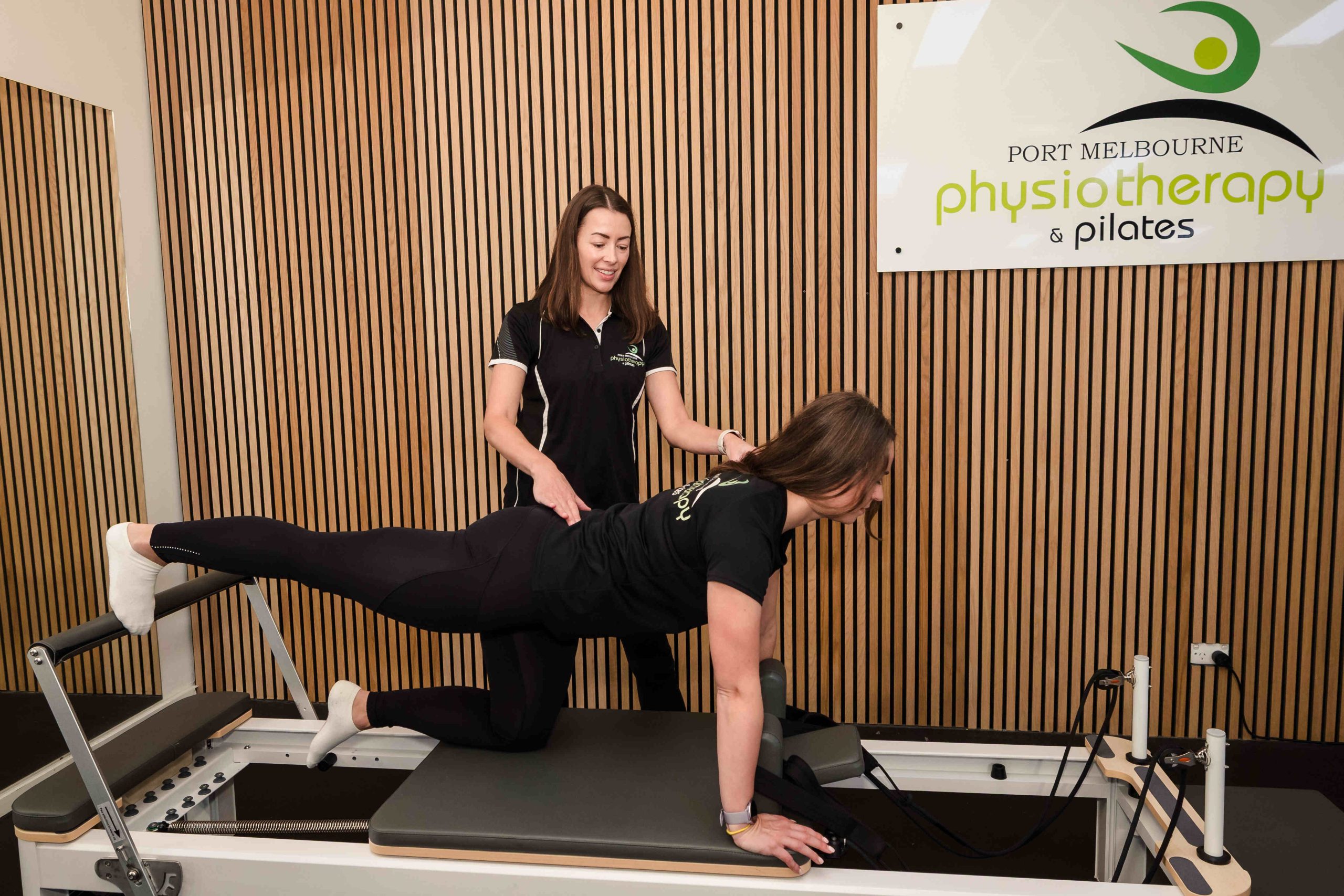Concussions and vestibular disorders share many overlapping symptoms—dizziness, balance issues, nausea, and difficulty concentrating—making them challenging to differentiate in clinical practice. However, while they may coexist, the therapeutic approaches to concussion and vestibular rehabilitation have distinct goals and interventions.
Concussion Rehabilitation
A concussion is a mild traumatic brain injury (mTBI) typically caused by a blow to the head or body that results in a disturbance in brain function that can come and go based on the severity. Symptoms can affect physical, cognitive, and emotional status during every day life as well as sleeping disturbances.
Common Symptoms:
Physical Therapy Role
Physical therapists help manage post-concussive symptoms by addressing cervical dysfunction, vestibular involvement, visual tracking deficits, and exertional intolerance.
Vestibular Rehabilitation
Vestibular disorders are conditions that affect the inner ear and brain areas responsible for balance and eye movements. These may be due to inner ear infections, BPPV (Benign Paroxysmal Positional Vertigo), vestibular neuritis, bilateral vestibular loss, as well as several other causes.
Common Symptoms:
- Vertigo (spinning sensation)
Physical Therapy Role
Therapists use targeted exercises to promote vestibular compensation, improve gaze stability, reduce motion sensitivity, and restore balance. As a primary care provider, therapists can also refer patients to appropriate physicians for further testing or treatment as identified in an evaluation.
Where They Overlap
Vestibular Involvement in Concussions: Up to 60% of concussion patients experience vestibular symptoms, necessitating a hybrid treatment approach.
Visual-Vestibular Integration: Both conditions may involve eye/vision deficits that require visual tracking and gaze stabilization exercises.
Balance Deficits: Retraining balance is vital in both cases, especially with a variety of surfaces and movements that we do in daily life.
Conclusion
While concussion and vestibular rehabilitation share some therapeutic elements, they each require a targeted, patient-specific approach. Physical therapists play a crucial role in recognizing overlapping symptoms and tailoring interventions to promote recovery, reduce symptoms, and restore function. A solid foundation in both domains enables therapists to address complex, coexisting presentations and provide comprehensive care.






